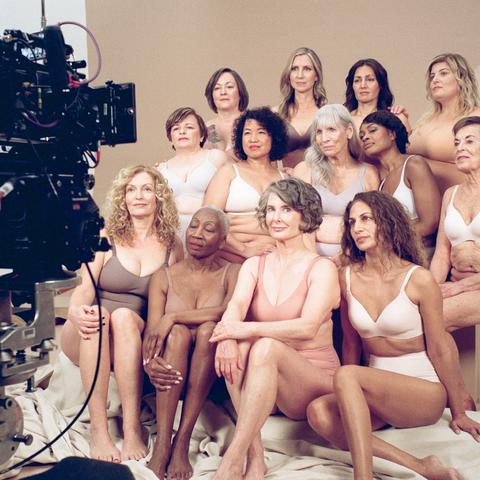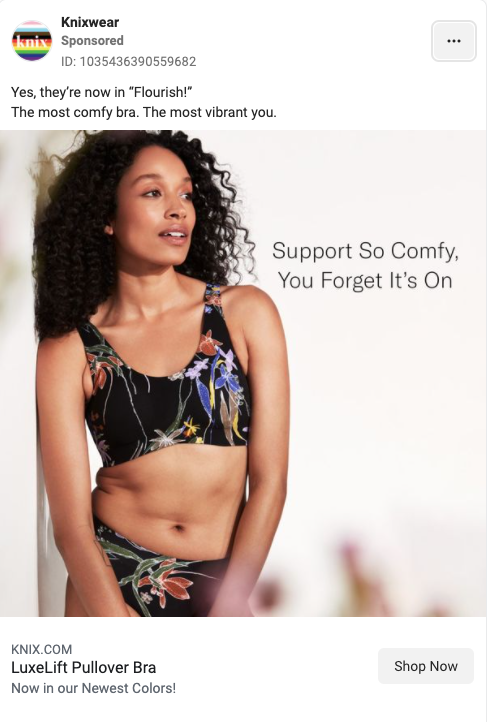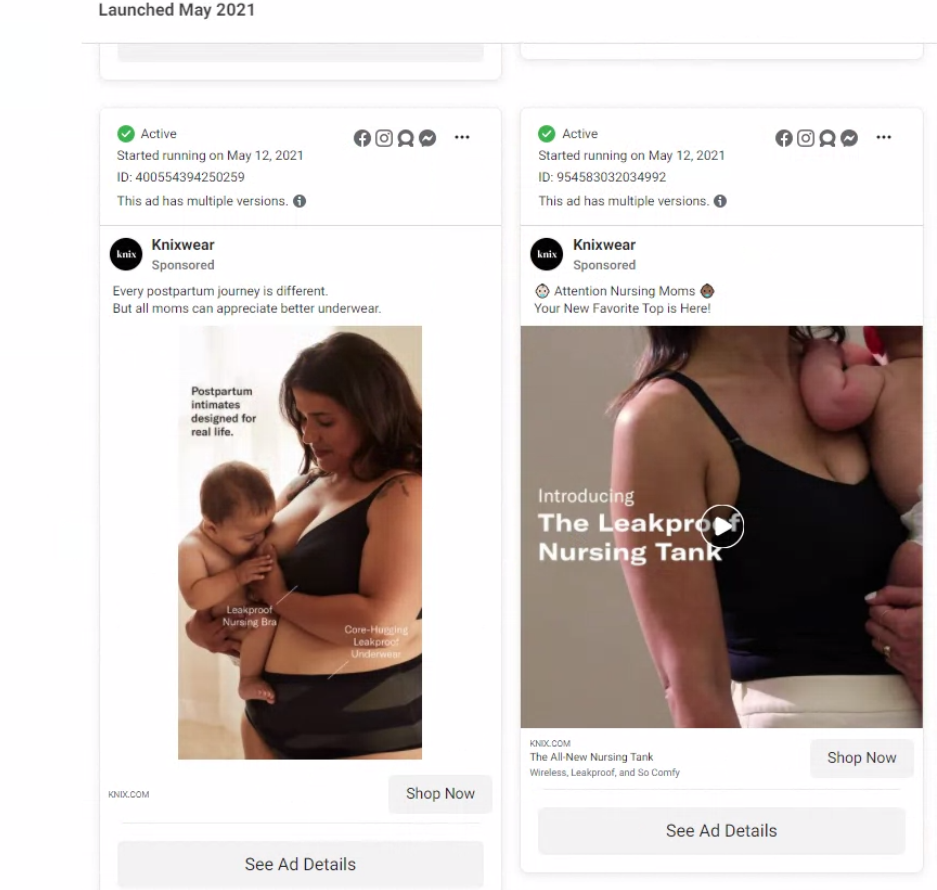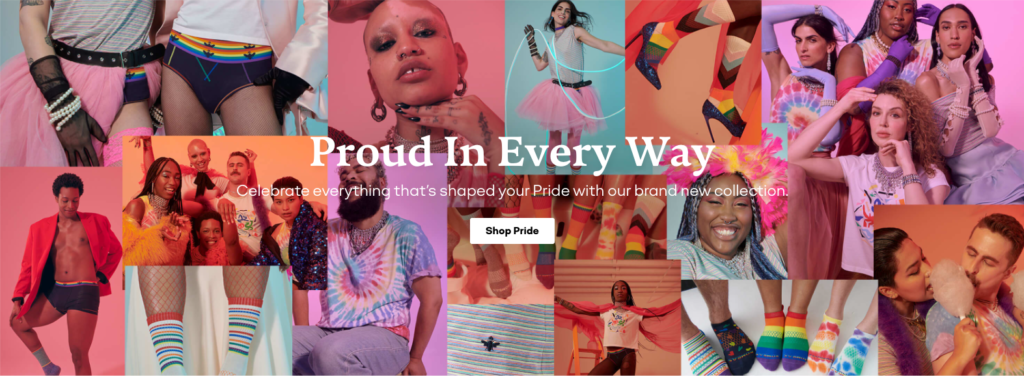What’s the best way for a brand to genuinely and authentically highlight social issues?
With more and more (young) consumers not only expecting brands to take a stance but choosing to support those who do over those who don’t, retailers and DTC brands are finding causes relevant to their community without looking like they’re just trying to appeal to the masses. If you needed some convincing, these stats highlight the importance of company values and consumer support:
- Fifty one percent of Gen Z consumers will make sure a company aligns with their values before purchasing from them.
- According to the NRF, Gen Zers value brands that are eco-friendly and socially responsible.
- The 5WPR Consumer Culture Report also reported that 83% of consumers ages 18-34 and 73% of consumers ages 35-54 find it important to buy from companies that align with their values.
We’ve searched the web and our community and highlighted a few brands that we think are doing it right—hopefully you’ll get some inspiration for future marketing campaigns.
Sephora
Sephora’s CMO, Deborah Yeh, spoke at the CommerceNext Marketing Summit Series about the brand’s commitment to creating more diverse content. They featured models and content catered towards BIPOC. Here are just a few examples:
How to Prevent Hair Breakage with Preventative Hairstyles
Colorful Eye Looks for Monolids
Promoting Supergoop Sunscreen for All Skin Tones
All of these videos are catered towards different audiences that are often underrepresented in the beauty industry. Sephora’s YouTube channel is full of diverse content, whether it’s content created specifically for BIPOC audiences or just featuring BIPOC creators/staff. This represents the kind of authentic step toward diversity and embodies their mission of “creat[ing] a welcoming beauty shopping experience and inspir[ing] fearlessness in our community.”
Knix
Knix’s About Us page highlights their mission to help others live “unapologetically free,” founded on the idea of listening to customers and “bringing revolutionary solutions to life.” Their marketing reflects this with diverse models in age, size and race—they also don’t retouch their images, showing the model’s bodies as they actually are, further aligning with their goal of living unapologetically free.



In addition to their modeling practices, Knix has a podcast called “Faces of Fertility” where they cover stigmatized topics related to pregnancy, such as miscarriages, surrogacy and infertility. They also offer products for postpartum such as a leak proof nursing bra and tank top.

Bombas
Bombas’s VP of People, Myke Mansberger, a speaker at our Pride webinar, spoke about the brand’s work to launch a Pride collection that felt authentic and not rainbow-washing*. Bombas’s mission has always been to give back and help those experiencing homelessness, donating an item for every item purchased. To build on this for Pride month, they partnered with a few organizations, so that every item purchased from the Pride collection, another item will be donated to those experiencing homelessness in the LGBTQ+ community. Across the whole campaign, they hired all LGBTQ+ people for the photoshoot, from models to makeup artists to photographers.
*Similar to greenwashing, rainbow-washing is when a company uses a rainbow or LGBTQ+ symbol to show support but takes no/minimal action to support the LGBTQ+ community.

Common Threads
What these three companies have in common is that their content and ads are well-integrated into their overall strategy—so none of it feels pandering in practice. Nothing stands out like a sore thumb because there are multiple iterations of the same campaign over time, rather than a one and done deal. They show how to go the extra mile and not complete the bare minimum to check a box in DEI.
If your brand is looking to integrate more social issues or diverse content into your marketing, here is what we learned from studying some of the market leaders:
- Create campaigns with people from the communities you’re looking to highlight. Involve them in the creative process, execution and testing.
- Look towards the long-term to show your customers and target audiences that truly care about what you’re doing.
- Treat diversity/social issues as you would with any other idea, creating KPIs and goals to help you bring campaigns to life.
We can’t wait to see what campaigns you come up with and how your future initiatives increase diversity and authentic social activism in our industry.
Related Posts
-
Pride Month Webinar—LGBTQ+ Issues In Ecommerce & The Workplace
In our recent webinar, LGBTQ+ Issues in Ecommerce & the…
-
Campaigns We Love Series: Having Pride In Your Brand
Having Pride In Your Brand Every time we talk…
-
Stop Asian Hate: How To Avoid Racial Stereotypes in Marketing
With May being Asian American and Pacific Islander Heritage Month,…




